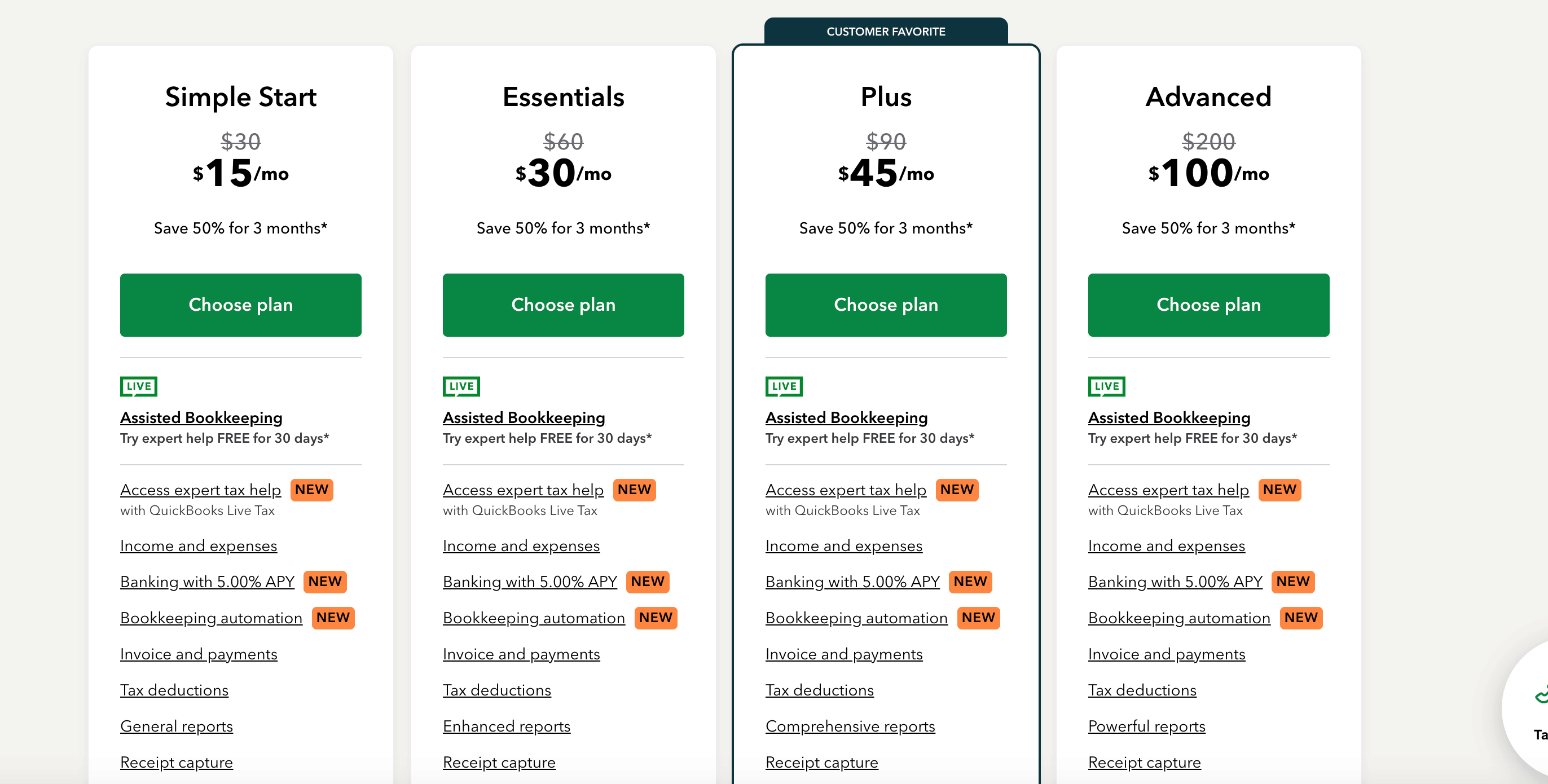










QuickBooks
popular accounting software for small and medium-sized businesses-QuickBooks reviews 2024
Tags:accounting softwareQuickBooks reviews 2024,popular accounting software for small and medium-sized businesses
What is QuickBooks?
QuickBooks is a popular accounting software developed by Intuit that is designed for small and medium-sized businesses. It offers a range of features to help businesses manage their financial operations, including invoicing, expense tracking, payroll processing, and financial reporting. QuickBooks is known for its user-friendly interface and ease of use, making it a valuable tool for business owners and accounting professionals.
QuickBooks official site: https://quickbooks.intuit.com/

The software can be accessed online or through desktop applications, providing flexibility and accessibility for users. QuickBooks also integrates with a variety of other business tools and services, allowing for seamless data transfer and workflow automation. Overall, QuickBooks is a comprehensive accounting solution that helps businesses streamline their financial processes and make informed decisions.
feature pros and cons
Pros:
1. **Enhanced Functionality**: Features add new capabilities and functionalities to a product, making it more versatile and valuable to users.
2. **Competitive Advantage**: Unique or innovative features can differentiate a product from competitors and attract more customers.
3. **Improved User Experience**: Well-designed features can enhance user satisfaction and make the product more user-friendly.
4. **Increased Value**: Additional features can increase the perceived value of a product, potentially justifying a higher price point.
5. **Scalability**: Adding new features can help a product evolve to meet changing user needs and market demands.
Cons:
1. **Complexity**: Too many features can overwhelm users, complicate the user interface, and make the product harder to use.
2. **Development Costs**: Adding new features requires time, resources, and investment, which can increase the overall development cost of a product.
3. **Maintenance Burden**: Each new feature added to a product requires ongoing maintenance, updates, and bug fixes, which can strain resources.
4. **Feature Creep**: Continuously adding new features without a clear strategy can lead to feature bloat and detract from the core value proposition of the product.
5. **Compatibility Issues**: Introducing new features may lead to compatibility issues with existing features or third-party integrations, causing technical challenges for users.
It’s important for product teams to carefully evaluate the pros and cons of adding new features to ensure they align with user needs, enhance the overall product experience, and contribute to the product’s success.


